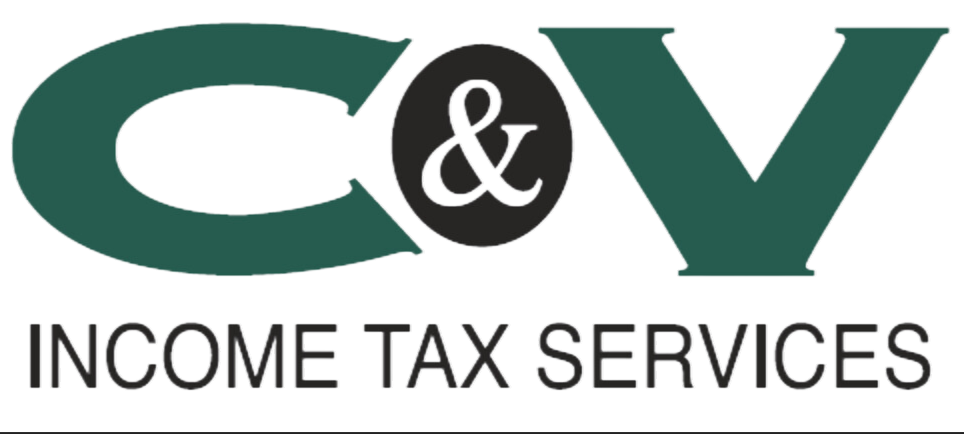BARE TRUST
Secure Your Family Legacy With An Expert Trust Return!
Learn about all the details from a C & V Income Tax Services trust return expert today!
What is a bare trust?
A bare trust is a specific kind of trust in which the trustee has no obligation other than to deal with the trust property as instructed by the beneficiaries. The legal title of the trust property is held by the trustee, but the beneficiary has the beneficial ownership of the property. A bare trust is essentially a principal-agent relationship, which means the beneficiary of a bare trust has complete control over the trustee’s action as it relates to the trust property and the trustee has no independent power, discretion, or responsibility over the property.
Bare trusts are commonly used to:
- Ensure privacy and maintain the anonymity of the true owner of a property when the ownership information, such as land registration records, are public record
- Minimize provincial land transfer taxes or probate fees in transactions where the beneficial ownership of a property is being transferred between multiple parties, but there is no change to the legal title held by the trustee
- Facilitate efficient property transfer in corporate reorganizations where the legal ownership of property may otherwise need to be transferred and registered multiple times, or if the legal ownership cannot be transferred at the desired time due to administrative issues
- Gift a minor child or children with property who cannot hold a legal title
- Hold legal title of a property on behalf of a group of owners in a joint venture or partnership
Examples that may be subject to new reporting include:
Individual Reasons
- A parent is on title of a child’s home to assist the child in obtaining a mortgage;
- A parent or grandparent holds an investment or bank account in trust for a child or grandchild
- One spouse is on title of a house or asset although the other spouse is at least a partial beneficial owner
- A child is on a parent’s financial accounts (or other assets) to assist when they are unable to handle their own affairs
Estate Planning Reasons
- A child is on title of a parent’s home for probate or estate planning purposes only;
- A child is on parent’s financial accounts (or other assets) to assist with administration after the parent’s passing
Business Administration Reasons
- A corporate bank account is opened by the shareholders with the corporation being the beneficial owner of the funds;
- A corporation is on title of an individual’s real estate, vehicle or other asset, and vice-versa
- Assets registered to one corporation but beneficially owned by a related corporation;
- A partner of a partnership holding a bank account or asset for the benefit of all the other partners of a partnership
- A joint venture arrangement where the operator holds legal title to development property as an agent for the benefit of other participants
HOW IS A BARE TRUST TAXED IN CANADA?
A bare trust is generally disregarded for Canadian income tax purposes. This tax treatment allows the legal title of a property to be transferred in certain situations without triggering a taxable event when the beneficiary retains beneficial ownership of the property. Contrarily, a taxable event is triggered when beneficial ownership of the bare trust property changes, even if there is no change in legal title. All income and capital gains from the bare trust are reported on the beneficiaries’ tax return(s) and the beneficiaries are taxed—not the trust. For this reason, bare trusts are traditionally not required to file a trust return, however, this has changed with the new reporting requirements. It should be noted that the new reporting requirements only change the reporting obligation of bare trusts and not the tax treatment of bare trusts.
HOW DO THE NEW REPORTING REQUIREMENTS APPLY TO BARE TRUST
Under the new reporting requirements, the trustee of a bare trust must file an annual T3 trust return for tax years ending after December 30, 2023. This means that trusts with a calendar year-end will be subject to the new rules starting with the December 31, 2023 year end. Under the new rules, trusts will also be required to report additional information (i.e., name, address, date of birth, jurisdiction of tax residence, and tax information number) about their stakeholders. Such stakeholders include trustees, beneficiaries and settlors of the trust, and anyone who has the ability (through the trust terms or a related agreement) to exert control or override trustee decisions over the appointment of income or capital of the trust (i.e., a protector).
The deadline for filing a trust return is 90 days after the taxation year-end.
Bare trusts that have been in existence for less than three months, or that hold less than $50,000 in assets throughout the tax year (provided their holdings are limited to deposits, government debt obligation, and listed securities) may be exempt from the new reporting requirement.
WHAT ARE THE NON-COMPLIANCE PENALTIES?
If a bare trust fails to file a trust return under the new legislation, the late-filing penalty would be $25 a day (minimum $100, maximum penalty of $2,500). An additional penalty equal to the greater of $2,500 or 5% of the maximum value of the property held during the taxation year by the trust would be applied where a failure to file was made knowingly or due to gross negligence.
WAVING LATE FILING PENALTIES
On 1 December 2023, the Canada Revenue Agency (CRA) announced that it will temporarily waive the late-filing penalty for the 2023 taxation year for bare trusts (and bare trusts only) that file their T3 return and Schedule 15 after the 30 March 2024 filing deadline.
